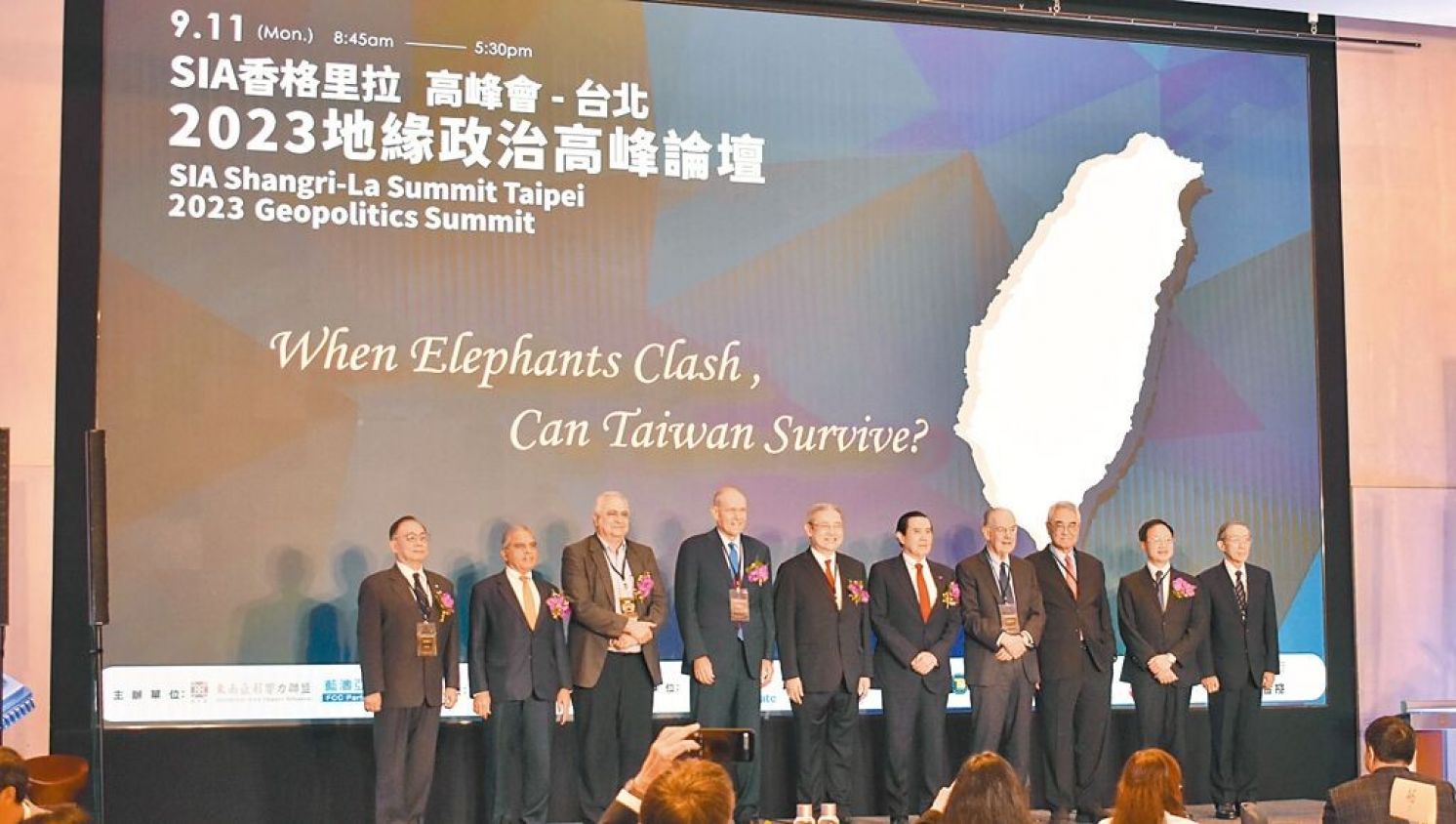
U.S. Scholar:Cross-Strait Peace Serves American Interests
China Times, September 12, 2023
Every move by Taiwan affects cross-strait relations. Professor John Mearsheimer of the University of Chicago warned on September 11 that China cannot accept Taiwan's declaration of independence. If Taiwan is paranoid and wants to declare independence, then such a move may lead to conflict in the Taiwan Strait. Stephen Walt, a professor of international relations at the Harvard Kennedy School, opined that cross-strait peace serves the interest of the United States, and the United States should continue to help Taiwan avoid China's invasion and military coercion.
Mearsheimer said that from a deterrence perspective, a country is unlikely to trigger a war unless it is confident of a quick and decisive victory. However, "war is the last resort in politics." When considering whether to launch a war, sometimes the motivation of political necessity even trumps military considerations. Classic examples are Japan's attack on Pearl Harbor and Egypt's attack on the Sinai Peninsula.
He further indicated that if a war breaks out across the Taiwan Strait, it will be a war between the powers of China and the United States. It is generally believed that the United States will defend Taiwan. Coupled with the difficult cross-sea amphibious operation and the fact that the People’s Liberation Army has not had combat experience for many years, China may not be able to quickly achieve a decisive victory. Even so, from a political perspective, the situation that may prompt China to launch a war is Taiwan's declaration of independence, which is unacceptable to China, and many American political leaders are aware of this.
Mearsheimer emphasized that Taiwan can maintain its current "good status quo" if it wants to avoid independence and avoid angering China's leaders; if Taiwan is paranoid about declaring independence, it may lead to conflict.
Walt mentioned that many people also believe that the United States should not deviate from the “One China” policy because this will only lead to Beijing using force against Taiwan; the United States should warn Taiwan not to become independent and defend Taiwan, but it must also avoid conflicts and promote dialogue.
According to Walt, the United States must carefully adjust the level of intervention in the Taiwan Strait. If it is too low, it may reduce deterrence. But when China becomes too antagonistic, it may also push other countries towards the United States. In addition, if China believes that its strength has reached its peak, it may be eager to take action against Taiwan now. Therefore, the United States must also pay attention to its Asia management strategy to prevent this from happening.
From: https://www.chinatimes.com/newspapers/20230912000405-260118